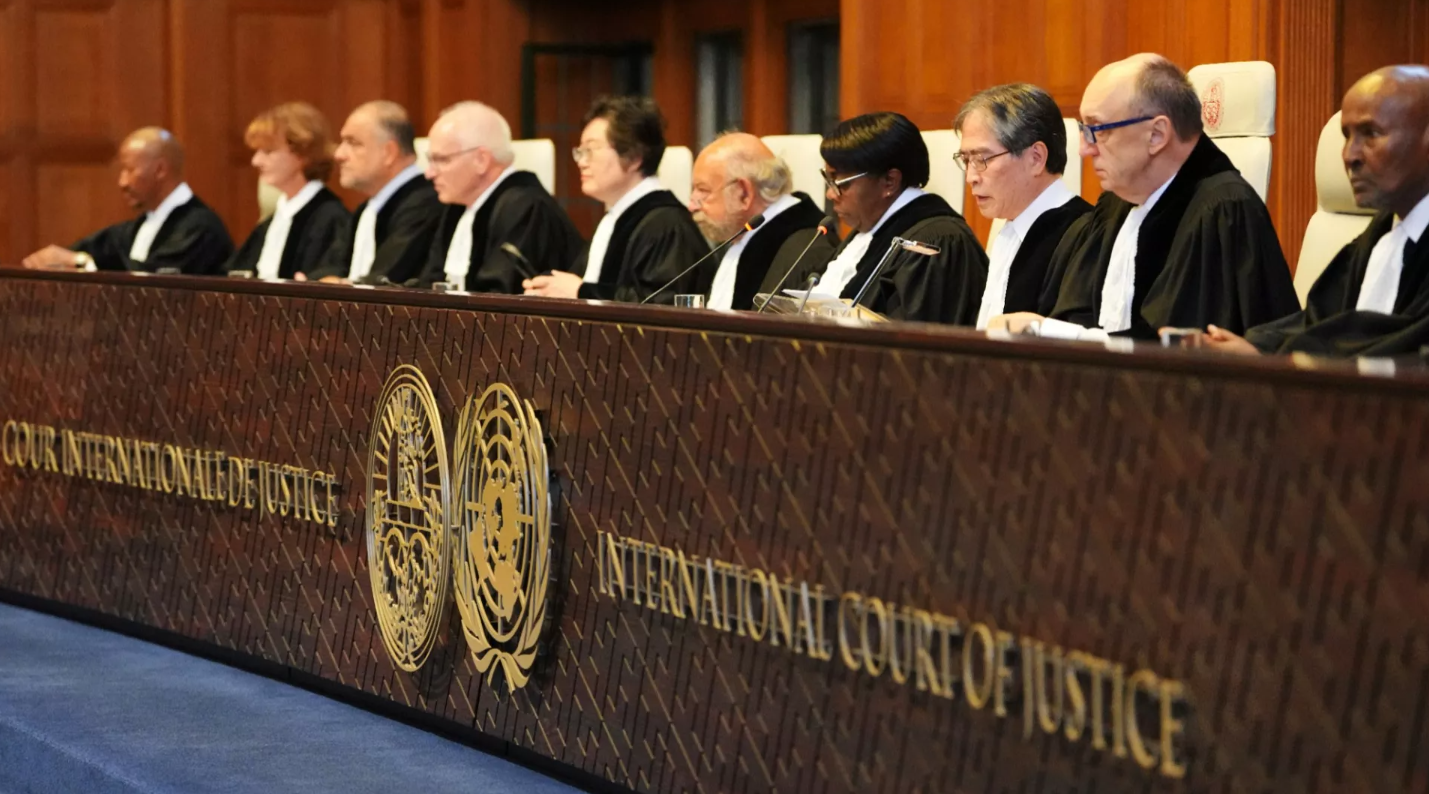
With over 150 submissions and input from more than 100 countries and organizations, this is the most wide-reaching climate case the ICJ has ever considered. Here's what you need to know about the ruling — and how it could impact the future of climate accountability.
1. A Clean and Healthy Environment Is a Human Right
The ICJ affirmed that the right to a "clean, healthy and sustainable environment" is inseparable from other fundamental human rights. This builds upon a 2022 UN General Assembly resolution recognizing environmental protection as essential for enjoying rights such as access to food, water, and housing.
By embedding environmental wellbeing into the broader framework of human rights, the Court places a legal obligation on states to address climate change — not only as an environmental issue but as a human rights imperative.
2. States Must Go Beyond the Paris Agreement
Some high-emitting nations argued that existing frameworks, like the 2015 Paris Agreement, are sufficient in outlining their responsibilities. The ICJ disagreed.
The Court emphasized that obligations to prevent environmental harm arise from multiple branches of international law, including human rights and environmental law — not just climate-specific treaties. This widens the legal basis for holding states accountable, even those not formally bound by the Paris Agreement.
Importantly, the Court also stated that climate action plans (NDCs) must reflect a country's "highest possible ambition" and increase in stringency over time. Simply submitting a plan is not enough — it must be credible, science-based, and meaningful.
3. Failure to Act Could Breach International Law
The ICJ opinion makes it clear: inaction is not neutral. If a state fails to take adequate steps to curb greenhouse gas emissions or continues to subsidize fossil fuels without regard for climate harm, it could be committing an internationally wrongful act.
Judge Iwasawa Yuji specifically highlighted that state inaction on fossil fuel production, consumption, or regulation may violate international legal obligations. Governments must also regulate the environmental impact of private companies operating within their borders.
This ruling gives climate litigators and activists new legal grounds to challenge governments not just for action taken — but for actions not taken.
4. Climate-Vulnerable Nations Can Seek Reparations
For the first time, the ICJ explicitly stated that countries harmed by climate change have the right to seek legal remedies — including financial compensation, restoration of ecosystems, or assurances that damaging actions will not be repeated.
This opens the door for developing nations and small island states to pursue reparations from historically high-emitting countries. The ruling could underpin future claims brought at the ICJ, other international courts, or domestic courts with jurisdiction over climate-related harm.
"This isn't just about clarity — it's about momentum," said Sébastien Duyck, senior attorney at the Centre for International Environmental Law. "The ICJ has reframed what's legally possible."
5. A Legal Turning Point with Global Implications
Although advisory, the ICJ's opinion could shape the outcomes of ongoing and future climate litigation. Domestic courts now have a stronger foundation for interpreting states' responsibilities in line with international law. Activists and lawmakers may also use the opinion as a tool to push for more ambitious climate policies.
The ruling is also expected to carry significant weight at international forums, including the upcoming COP30 climate summit in Brazil, where the opinion could serve as a reference point in negotiations.
"This decision is already influencing the conversation," said Lea Main-Klingst, a lawyer with environmental legal group ClientEarth. "It gives judges and advocates a robust legal framework — and gives citizens a powerful new language to demand accountability."
What's Next?
While the ICJ does not have enforcement power, its decisions have historically influenced governments and legal institutions. Now that legal duties are clearer, vulnerable countries may begin pursuing climate cases based on this precedent — in The Hague or elsewhere.
The broader message from the Court is unambiguous: climate change is not just a political or scientific issue — it is a legal one. And with that recognition, the pressure on states to act decisively has only grown.